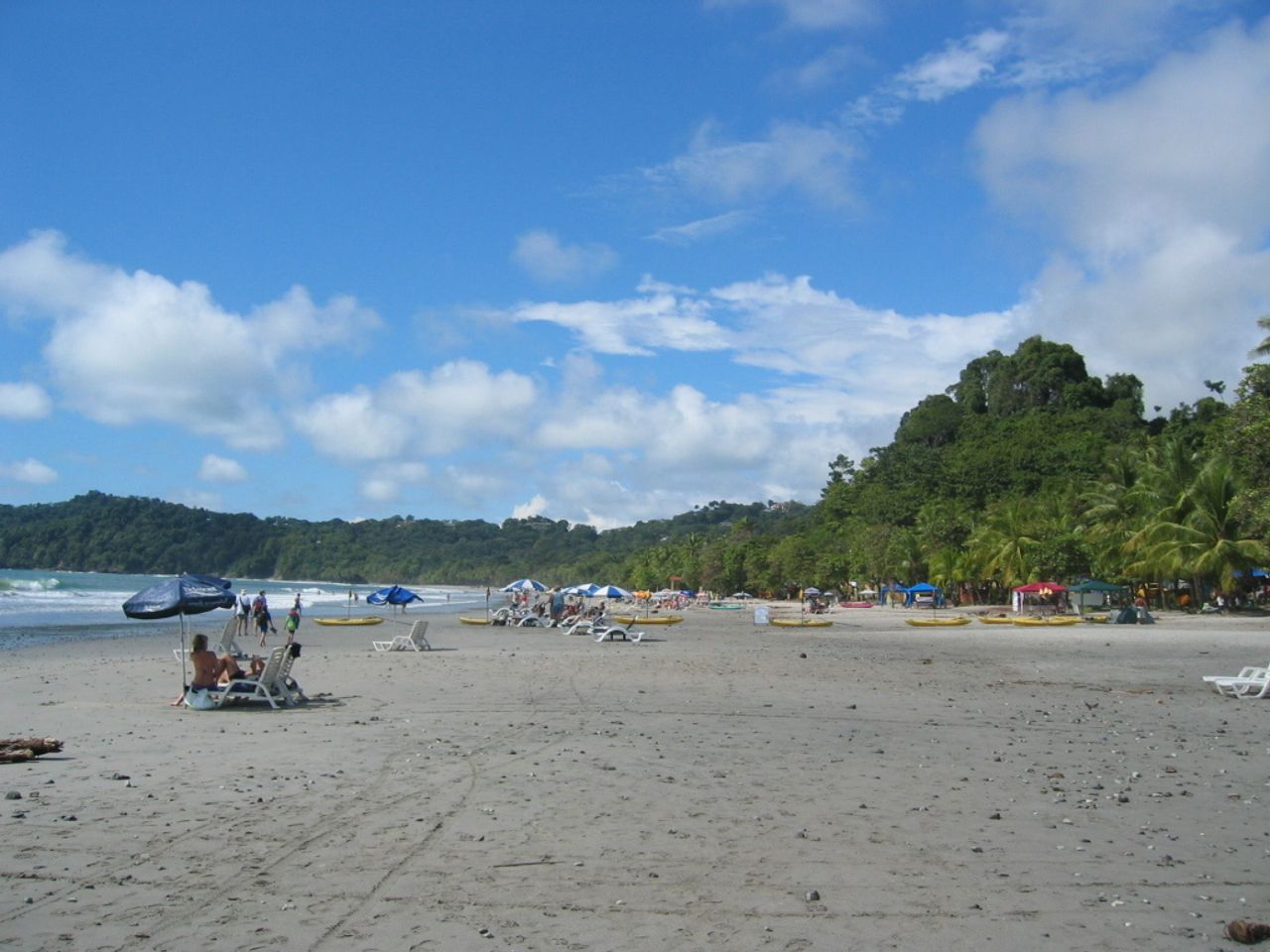"They'll Get On Board" - Söder's Confidence in Neighbors in Asylum Dispute
Neighborhood consensus found favorable by Söder, regarding asylum disagreement
In compliance with Interior Minister Dobrindt's orders, the German Federal Police is barring asylum seekers at the country's borders. Bavarian Minister-President, Markus Söder, remains optimistic about Germany's neighboring nations' acceptance of this new practice. Söder has declared additional measures.
Speaking to "Bild am Sonntag," the leader of the CSU, Markus Söder, expresses his belief that European neighbors will eventually accept the tightened border controls and turnaways. "I am positive that our European neighbors will come around in the end," Söder asserted. "I look forward to discussing the specifics with our partners as soon as possible."
Political Currents: Merz and Chancellor Advocate EU Correction, German Solo Action off the Table
Söder has also laid out further measures to combat illegal immigration. "This is a solid beginning, but there's more to come," Söder emphasized. He plans to make adjustments to citizenship law, halt flights from Afghanistan, and increase deportations by expanding the list of safe countries of origin. These changes aim to deter individuals from seeking asylum in Germany and encourage those already here to return to their home countries.
Police Records: 365 Illegal Entries Recorded in Two Days
Preliminary statistics from "Bild am Sonntag" reveal that 19 refugees were denied entry at the German border even after submitting asylum applications. On both Thursday and Friday, the Federal Police logged 365 illegal entries. In total, 286 migrants were turned away. The primary reasons for the refusals included a lack of visas or legitimate documents, fraudulent documents, and entry bans. Additionally, 14 smugglers were apprehended, 48 arrest warrants were executed, and 9 individuals with extremist or Islamist backgrounds were found at the border.
Quantifying Controls: First asylum seekers turned away
Since mid-week, the Federal Police has been enforcing Dobrindt's directive, which includes denying entry to asylum and protection seekers, except for pregnant women, the sick, and unaccompanied minors. According to the Police Union (GdP) head, Andreas Roßkopf, speaking to the "Bild" newspaper, the directive is legally binding for officers at the border. The Federal Ministry of the Interior solely bears the legal responsibility for these measures.
Sources: ntv.de, mau/rts
- Markus Söder
- Enhanced Border Controls
- Europe
- Asylum Policy
- Asylum Seekers
- Federal Police
- Alexander Dobrindt
- Afghanistan
- Deportation
Enrichment Data:
The recent escalation in border controls and asylum seeker turnaways, as overseen by Bavarian Minister-President Markus Söder, can be observed amidst a broader European context:
The State of European Asylum Policies
- Shift in Nationalities: There has been a noticeable shift in the origins of asylum seekers in the EU, with Syrians seeing a significant drop in applications due to improvements in their homeland. In its place, Venezuelans now form the largest applicant group in early 2025[1][3].
- EU Return Regulation Proposal: The European Commission has proposed a regulation to establish a common return system for third-country nationals in the EU. Key components include the establishment of 'return hubs' and the introduction of the European Return Order, affecting detention and appeal rights[2].
- "Safe Countries of Origin" Designation: The EU aims to harmonize asylum rules by identifying seven countries as "safe countries of origin." The list can be assessed and expanded over time[4].
Upcoming Measures
- Pact on Migration and Asylum Implementation: The EU is dedicated to improving its asylum systems, ensuring prompt protection for those in need, and intensifying cooperation with partner countries to mitigate migration beyond EU borders[3].
- Legislative Review of Return Regulation: The proposed Return Regulation is under review by the Council and the European Parliament, with the potential to significantly impact the rights of third-country nationals if approved[2].
- Markus Söder, the Bavarian Minister-President, maintains optimism that European neighbors will eventually accept the increased border controls and turnaways of asylum seekers, as previously declared by him.
- Söder has also suggested implementing additional measures to combat illegal immigration, including adjustments to citizenship law, halted flights from Afghanistan, and increased deportations by expanding the list of safe countries of origin.
- In compliance with Interior Minister Dobrindt's orders, the German Federal Police has been enforcing stricter border controls, resulting in the denial of entry for asylum and protection seekers, with the exception of pregnant women, the sick, and unaccompanied minors.
- The European Commission has proposed a regulation to establish a common return system for third-country nationals in the EU, which includes the introduction of the European Return Order, affecting detention and appeal rights, and the establishment of 'return hubs'.







